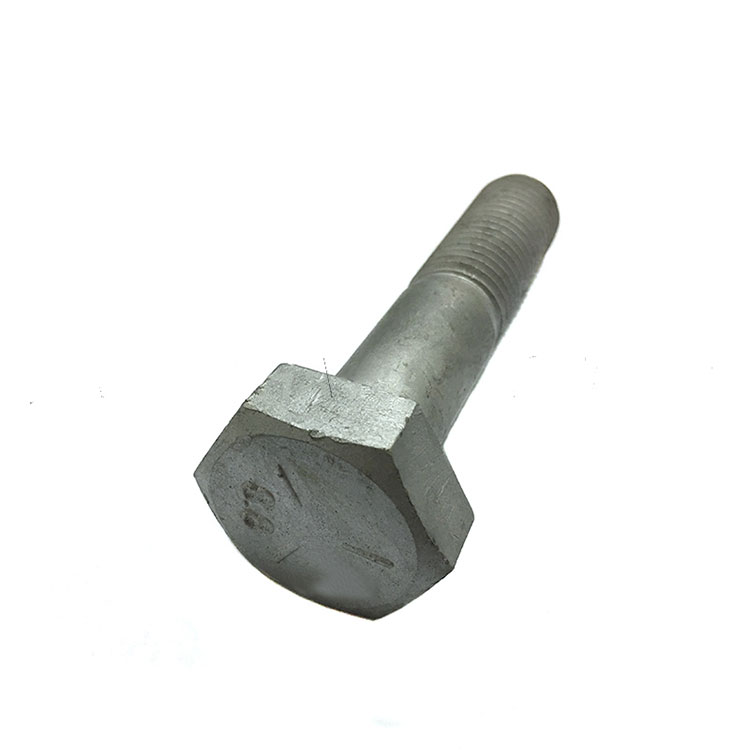Classification and Application of Bolts
2025-07-03
In fields such as mechanical engineering, building structures, and equipment manufacturing, bolts serve as fundamental connecting components. The diversity of their types directly affects the reliability of engineering projects and assembly efficiency. Mastering the classification standards and performance characteristics of bolts is crucial for precise selection.

Bolts are categorized by function and application into common connection types and positioning and load-bearing types. Common bolts mainly bear axial tensile or lateral shear forces and are suitable for regular structural connections. Set screws, through precise fit, achieve component positioning and are designed to withstand large lateral loads, ensuring connection accuracy and stability.
The shape of the head determines the operation method and application scenarios of bolts. Hexagon head bolts, with their standard geometric shape, are compatible with common tools and have the widest application range. Countersunk bolts, due to their flat and conical design, provide a flush surface after installation and are often used in assemblies with strict appearance requirements. Allen bolts, with their compact recessed interface, meet the high torque tightening needs in confined spaces.
The difference in thread structure forms two major systems: coarse and fine threads. Coarse-threaded bolts achieve high-strength connections with larger pitches and have good self-locking performance, making them suitable for general fastening. Fine-threaded bolts, by reducing the pitch to increase friction, significantly enhance anti-loosening effects and show advantages in thin-walled components and dynamic load environments.
Innovations in materials and processes have led to the development of special function bolts. High-strength bolts, after special heat treatment, greatly enhance tensile and yield strength and become core connecting components in large-scale infrastructure projects. Alloy bolts and stainless-steel bolts developed for high-temperature and corrosive conditions provide customized solutions for demanding fields such as chemical engineering and energy.
Bolt selection requires comprehensive consideration of load types, assembly space, environmental conditions, and other multi-dimensional factors. Reasonable selection not only optimizes the performance of engineering structures but also reduces maintenance costs, providing long-lasting and reliable connection guarantees for industrial production and infrastructure construction.


